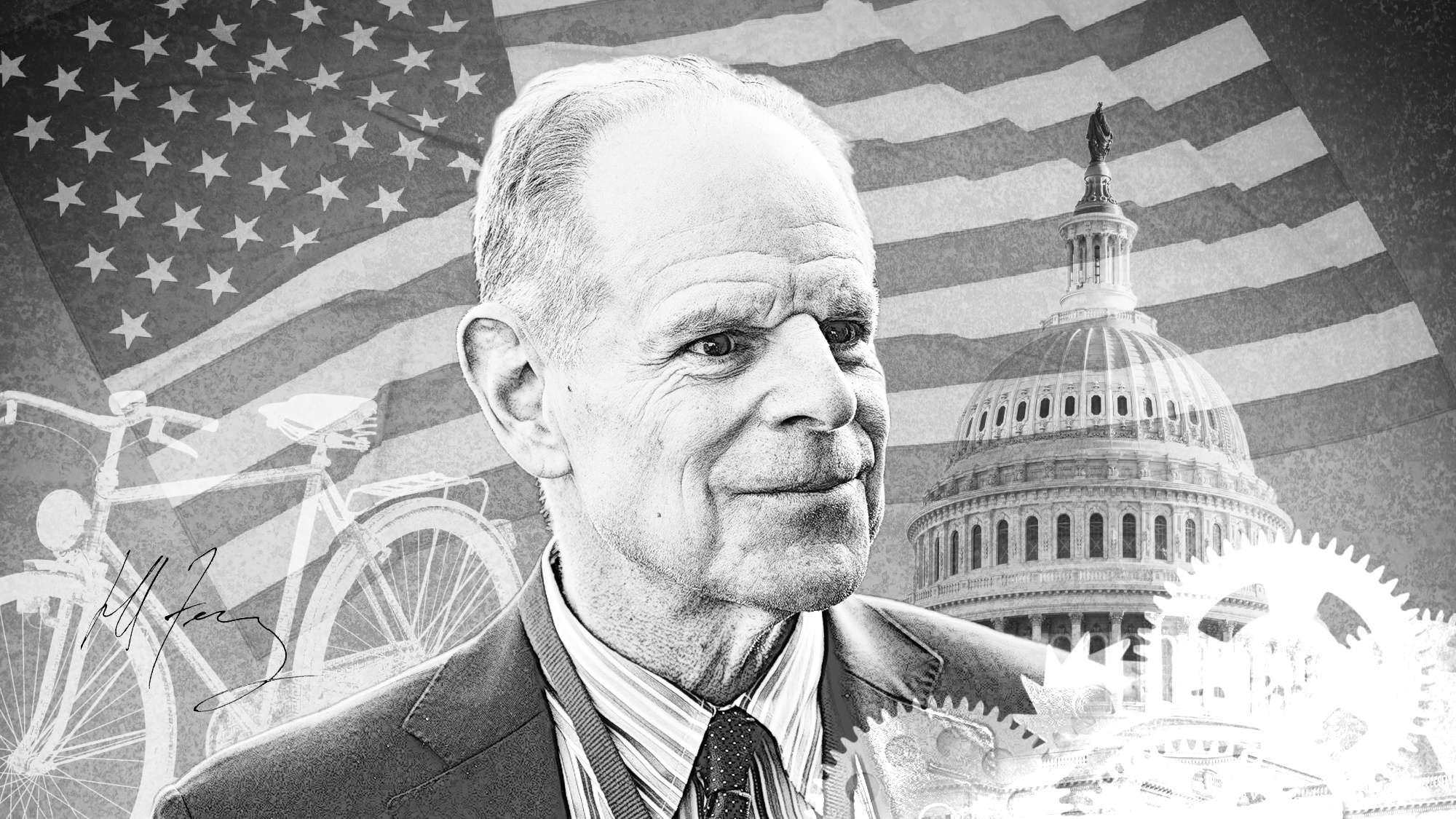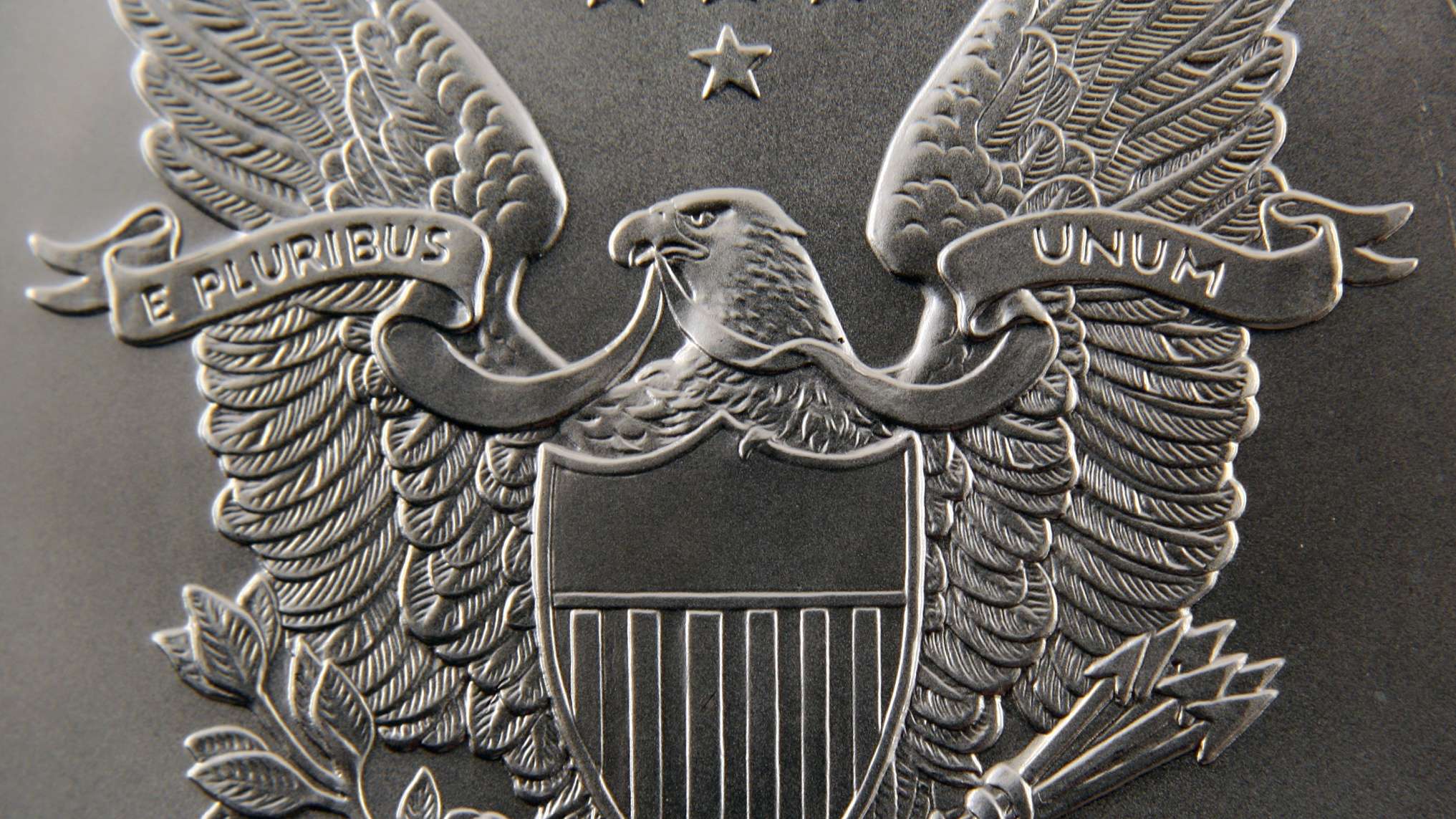Reposted from King and Spaulding: Trade & Manufacturing Alert
*****

J. Michael Taylor, Stephen A. Jones, & P. Lee Smith | October 1, 2014 | King and Spaulding: Trade & Manufacturing Alert
On September 16, 2014, the U.S. Court of Appeals for the Federal Circuit issued its en banc decision in United States v. Trek Leather, Inc. No. 2011-1527, 2014 U.S. App. LEXIS 17746 (Fed. Cir. Sept. 16, 2014). The decision is noteworthy for confirming that individuals who help introduce imported merchandise into the commerce of the United States personally may be liable for customs penalties even when those individuals are not the “importer of record” and even when there has not been any showing of fraud.
The en banc decision vacates the Federal Circuit panel decision, which previously had held that corporate officers of an “importer of record” are not personally liable for penalties under section 1592(a), absent a demonstration that the corporate veil should be pierced in situations where the corporate officer was the actual importer of record or an agent of the importer as designated by a writing. See United States v. Trek Leather, Inc., 724 F.3d 1330 (Fed. Cir. 2013) (vacated as discussed herein by United States v. Trek Leather, Inc., No. 2011-1527).
In its en banc decision, the Federal Circuit concluded that under the facts presented, an individual (separate and apart from the corporate importer of record) is personally liable for duties and penalties arising from the grossly negligent reporting of incorrect entered values. The en banc court’s analysis turned on the wording of the customs civil penalty statute, which provides that “no person, by fraud, gross negligence, or negligence mayenter, introduce, or attempt to enter or introduce any merchandise into the commerce of the United States by means of” any material and false statement. 19 U.S.C. §1592(a)(1) (emphasis added).
The Federal Circuit did not decide whether the corporate officer attempted to “enter” the merchandise at issue. Instead, the en banc Court analyzed the “introduce” language of 19 U.S.C. §1592 and concluded that Congress had amended the statute to add the term “introduce” for the purpose of closing loopholes and “broadening the statute’s coverage.” Id. at *17. Relying on Supreme Court precedent, the en banc Federal Circuit held that “whatever the full scope of ‘enter’ may be, ‘introduce’ in section 1592(a)(1)(A) means that the statute is broad enough to reach acts beyond the act of filing with customs officials papers that ‘enter’ goods into United States commerce. [Supreme Court precedent] establishes that ‘introduce’ is a flexible and broad term added to ensure that the statute was not restricted to the ‘technical’ process of ‘entering’ goods.” Id. at *18 (quoting United States v. 25 Packages of Panama Hats, 231 U.S. 358 (1913)).
This decision is noteworthy from an importer’s perspective, because it recognizes that personal liability can extend to a person involved with introducing merchandise into commerce using a material and false misstatement even if (1) that person is not the actual importer, (2) that person is not an officer of the importer, and (3) the activity does not involve fraud. Thus, U.S. Customs properly may conclude that personal liability exists without analyzing whether the person aided and abetted a violation of the customs law, so long as that person (himself or herself) is found to have introduced merchandise into commerce using a material and false statement. In the case at issue, the person found liable was considered to have introduced merchandise into U.S. commerce, because he “did everything short of the final step of preparing the CBP Form 7501s and submitting them and other required papers to make formal entry.” Id. at *19.













